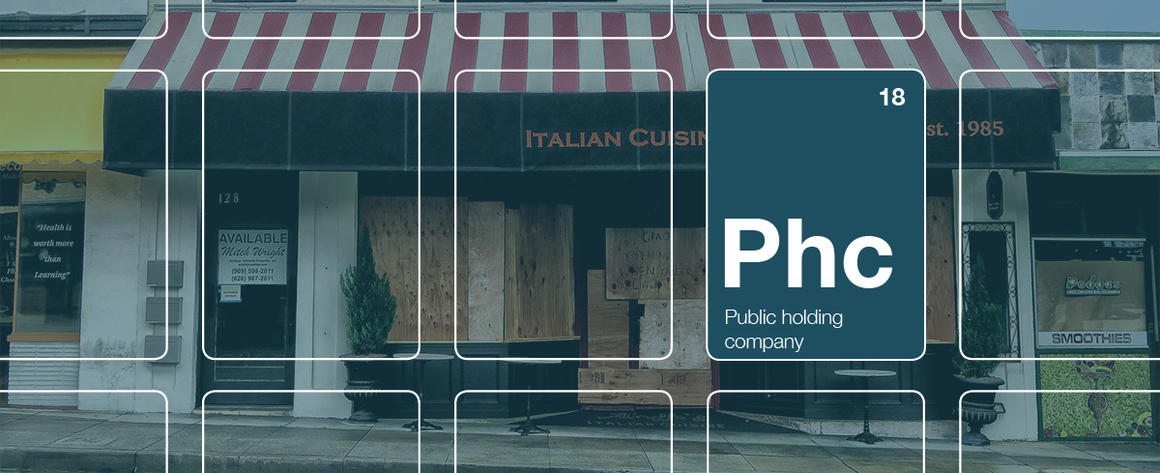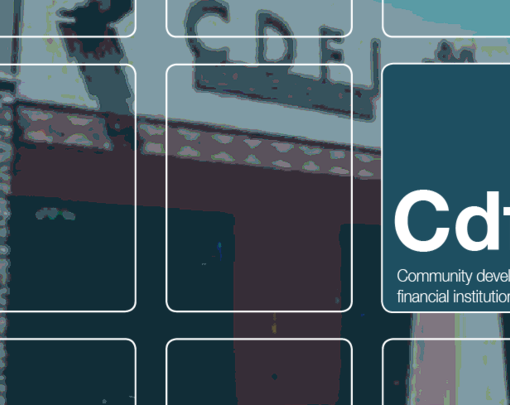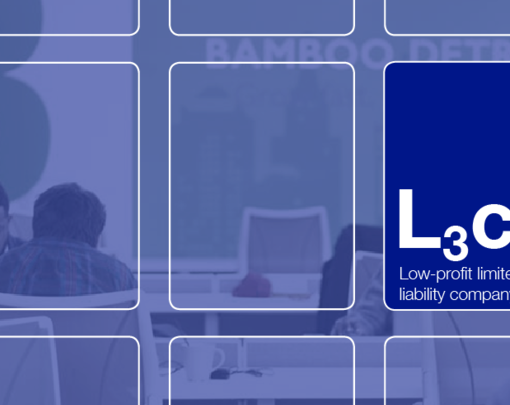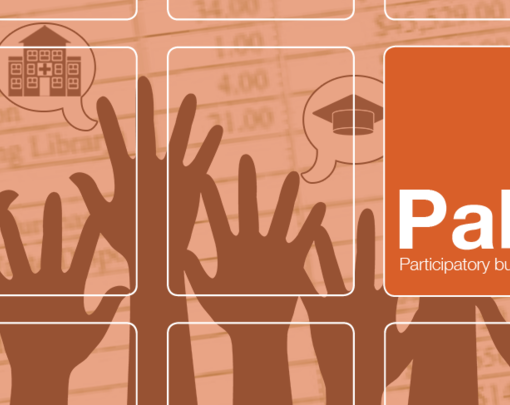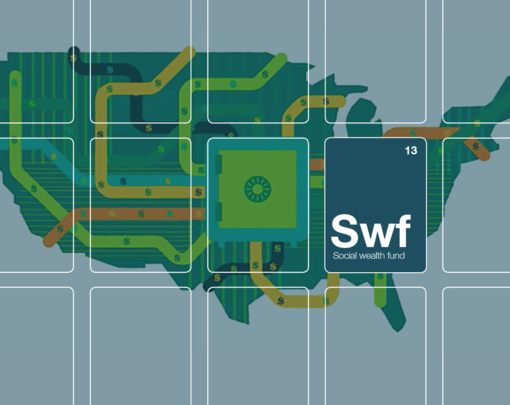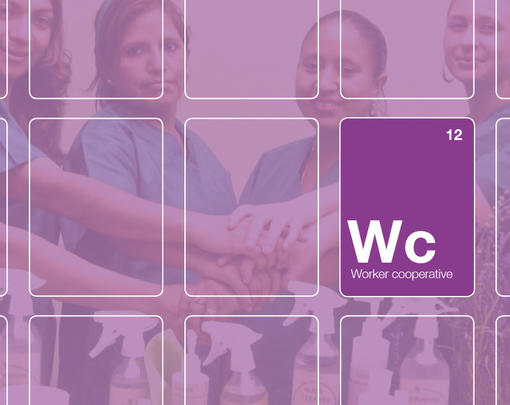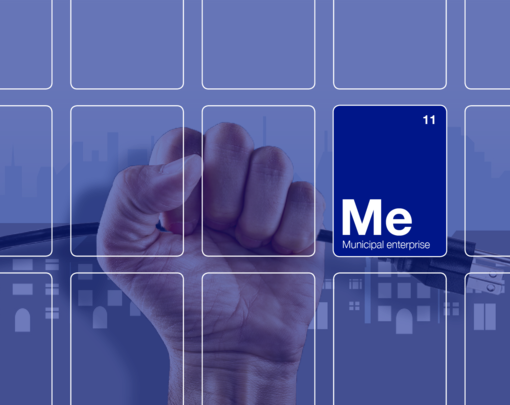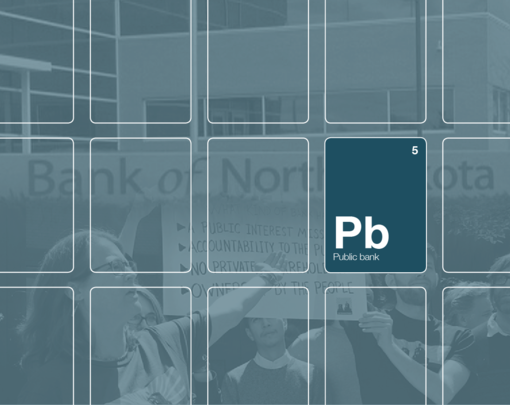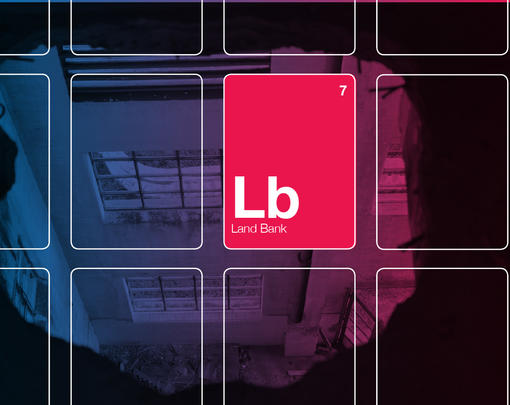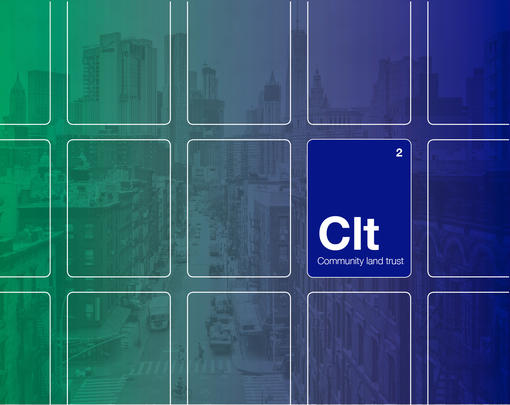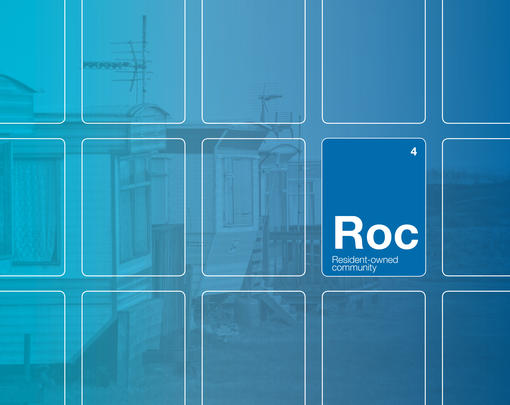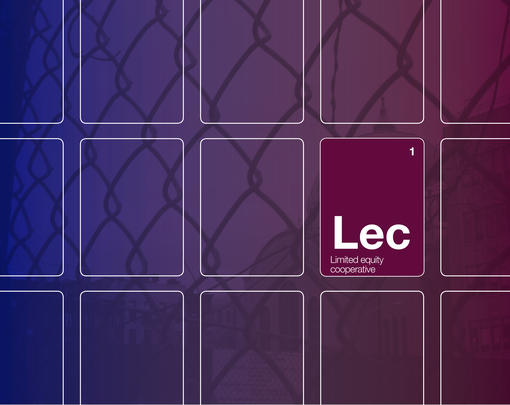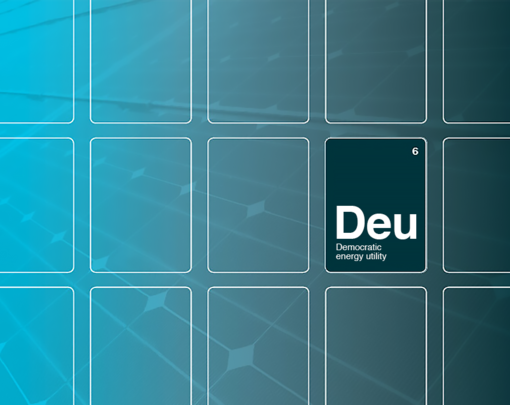Description
A public holding company is a publicly owned enterprise that takes full or partial ownership in firms for economic stability and development purposes.
Firms are a complex nexus of relations between owners, workers, suppliers, customers, and the wider community and natural world. When a firm faces economic challenges or the threat of liquidation, the effects can ripple destructively through the community. In such cases, public holding companies could take an either partial or full ownership position in distressed firms to prevent the economic and social dislocations associated with liquidation or collapse. They are being proposed in various countries during the COVID-19 crisis to take equity stakes in threatened firms (especially small and medium-sized enterprises) that will later be divested when the crisis has abated. More innovative proposals envision using the holding company to transition firms to more democratic forms of ownership, such as cooperatives, employee share ownership, or social ownership, after the crisis has passed. The public holding company model is applicable to governments at all levels and wherever there are sufficient resources to establish and capitalize such a company.
Potential Impact
It is simply unnecessary that a temporary pandemic should lead to the permanent closure of countless firms that would have all the elements required for success but for such COVID-19-specific issues as health-mandated closure orders, a lack of demand due to social distancing, or supply chain disruptions. If properly structured, countless companies that have huge and often unquantifiable amounts of intangible knowledge, relationships with suppliers and industry know-how, and experienced teams of workers could be preserved as going concerns instead of failing or being bought up and asset-stripped by vulture capitalists and large corporations. Moreover, because many of these firms are currently experiencing economic difficulty, the government could purchase equity stakes at a discount. Simply by maintaining the firms until they are viable again, the holding company would make its investments back many times over.
Transformative Characteristics
A public holding company offers the potential not just to rescue viable businesses during and after the pandemic and ensure community economic stability, but it can make transformational changes in the businesses and their structure. The holding company can prioritize worker and community ownership in its exit strategies and can also promote transformed business practices that are more sustainable and focused on public needs, rather than extractive profits. If ownership shares are returned to individual local owners, a preference should be made for owners who are people of color, women, and veterans. While the pandemic is a serious crisis, it is only one of our interlinked social, economic, and ecological crises, and must be addressed alongside the pressing challenges of climate justice, racial injustice, and economic inequality. By using public holding companies, we could transform large parts of our economy to create a more democratic, sustainable, equal and reparative economy.
Examples
Reconstruction Finance Corporation
The Reconstruction Finance Corporation was established in 1932 and, after a period of exclusively making loans to banks, was transformed by the Roosevelt administration into an institution that authorized $13.2 billion in loans to agriculture, railroads, industry, public school authorities, state governments, federal agencies and other entities. During the New Deal, the RFC became the single largest investor in the country, owning shares (and often exercising voting rights) in thousands of U.S. companies. During World War II the RFC financed defense production and later supported the transition back to a peacetime economy. The RFC was wound down by the Eisenhower administration in 1957, having provided $50 billion in financing throughout its lifetime. It was essential to the economic recovery from the Great Depression, the war economy and the postwar economic expansion.
Temasek Holdings
Temasek Holdings is a state holding company owned by the Singapore government. It owned and managed a portfolio of over S$313 billion in 2019. Its investment decisions are governed by four key themes: transforming economies, growing middle-income populations, deepening Singapore’s comparative advantages and supporting emerging champion firms. While it is sometimes described as a sovereign wealth fund, unlike most such funds Temasek takes outright ownership of many firms and primarily invests in equities. Temasek is a permanent feature of the Singaporean economy and offers insight into how a state holding company established now could play a more permanent role in the democratic economy once the COVID-19 crisis is past.
Challenges
Some critics will focus on the perceived impropriety of the government “picking winners and losers.” But governments already make strategic economic choices in their crisis response strategies as well as in their everyday operations. Moreover, the COVID-19 crisis has created an exceptional situation where otherwise viable firms, especially small and medium-sized enterprises, are suffering due to temporary conditions imposed upon them. A public holding company with clear objectives, and transparent and accountable operations, would be a clear advance from the status quo of secretive public bailouts for the largest and most politically connected corporations, or efforts like the federal Paycheck Protection Program (PPP) that advantaged the most sophisticated and politically connected firms. Capitalization is a key challenge, especially for state and local governments whose budgets are hit hard by the pandemic’s effects. In such cases governments could redeploy existing economic development funds or pursue innovative methods to capitalize the holding company.
Download and Share

